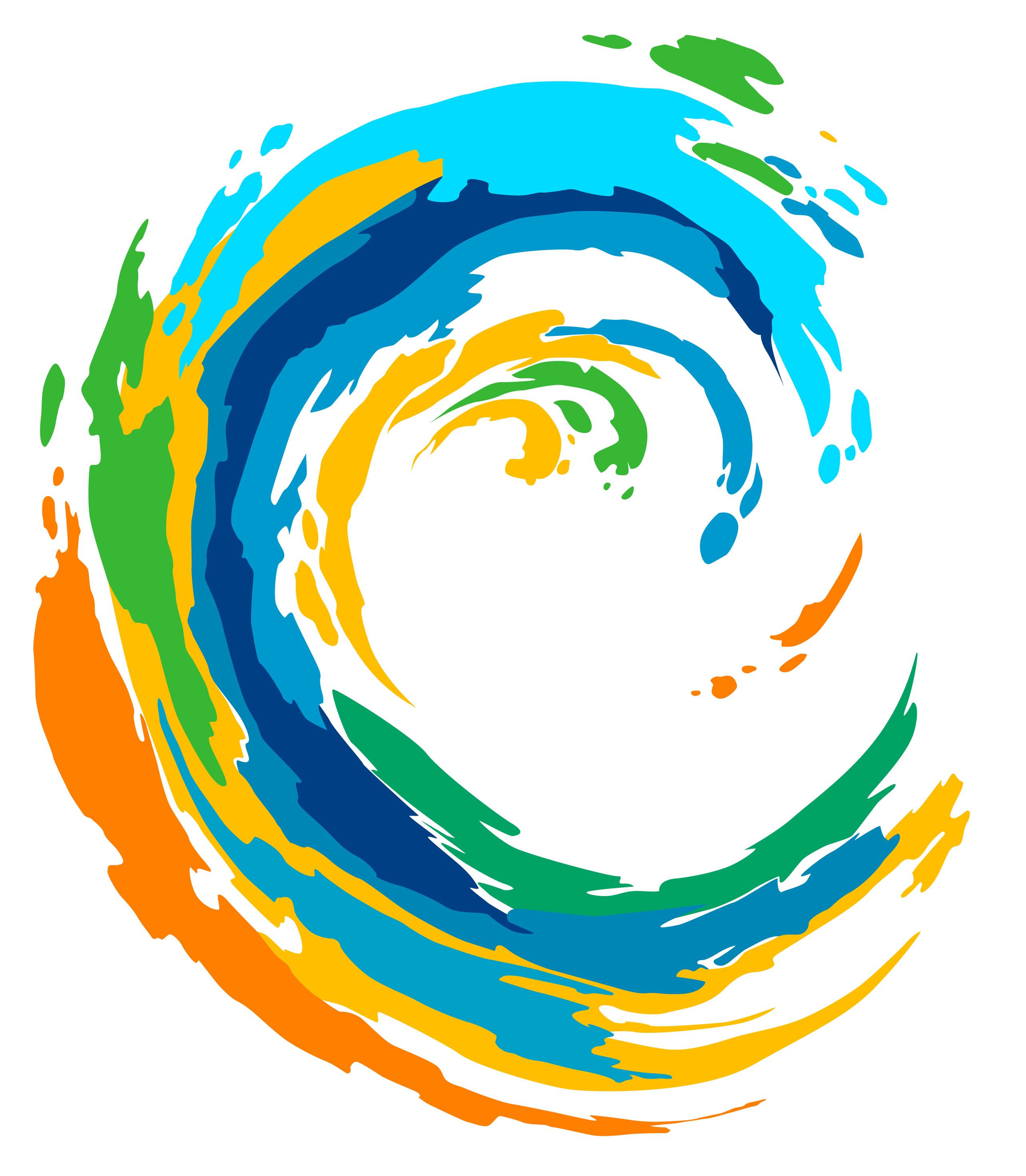Beachlab

Riding waves since 2017...
The Beachlab is a research group devoted to understanding coastal processes. The energy and material that moves through the coastal zone over time. The time frames we investigate stretch from minutes to millennia, covering short-term transformation of individual waves to glacial/interglacial cycles of sea level change and coral reef growth.
The research conducted in the Beachlab is multi-disciplinary and multi-scaled. The active research projects in the beachlab highlight this focus, they include: the transformation of waves in the surf zones of coral reefs and beaches, modelling wave climate in coral reef settings over days to decades, quanitfying the coastal protection service provided by coral reefs, investigating the influence of sea level and wave climate on coastal and coral reef evolution during the quaternary, using machine learning and satellite remote sensing to understand change in coral reefs and beaches at global scales, and investigating the role of coral rubble in the long-term dyanmics and recovery of coral reef ecosystems.
Reef Restoration and Adaptation Program (RRAP) – Rubble Stabilisation. The mobility of coral rubble is a primary factor in governing the recruitment of new corals and recovery of coral reefs after major disturbances such as bleaching and cyclone event. The more mobile the rubble the less likely coral recruits will survive. However, there is a paucity of research and knowledge on the dynamics and generation of coral rubble. This project seeks to understand the in situ processes driving coral rubble transport and is part of the broader RRAP - Rubble Stablisation project led by Prof. Peter Mumby and Prof. Tom Baldock with PhD candidate Su Zhou driving the core research in the project.
Check out the project video here!
Future trajectories of coral reef islands – integrating sediment budgets with reef island models.
Our poor understanding of sediment flux on coral reef flats is a critical knowledge gap that limits our ability to forecast reef island change under rising sea levels. This project aims to integrate field-based, lab-based and numerical modelling methods to build an understanding sediment flux across reef flats and improve forecasts of reef island change under rising sea levels. Expected outcomes include new approaches to: estimate coral reef sediment production and flux; integrate field-based sediment flux into forecast reef island and beach change under rising sea levels; and include sediment flux in forecasting coastal risk. This knowledge will benefit the management and planning of reef-mediated coastlines.
This research is in conjunction with the Leibniz Centre for Tropical Marine Research, Bremen and is funded by the German Academic Exchange Service (DAAD).
COASTS: Coastal Change Observation and Analytics (multi-) Scale (multi-)Technology System
Understanding complex coastal processes and interactions between land, sea and human communities is of primary concern at all levels of government, as well as industry. The rapidly increasing population along Queensland’s extensive coastline of low-lying areas and sandy beaches is particularly vulnerable to exposure from wave and climate events, including cyclones and storms, that can lead to extensive coastal erosion, inundation and changes in the shallow water bathymetry and habitats. Frequent, high-quality spatial information across the coastal zone is required to monitor, manage and predict coastal change and its associated hazards. However, these data are seldom available.
This project will develop a state-of-the-art coastal monitoring system that will be integrated with numerical models for predicting coastal response to storm events.